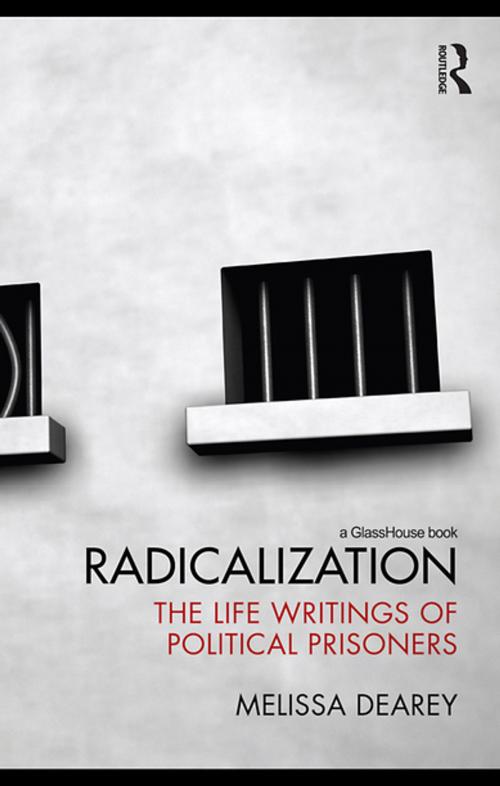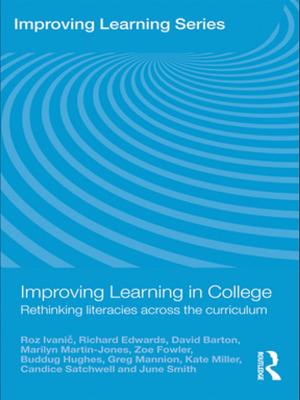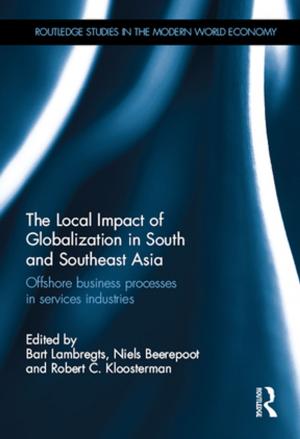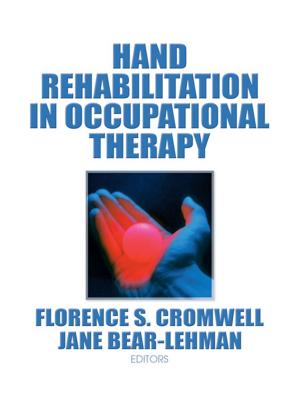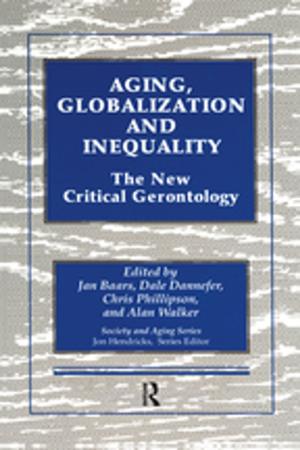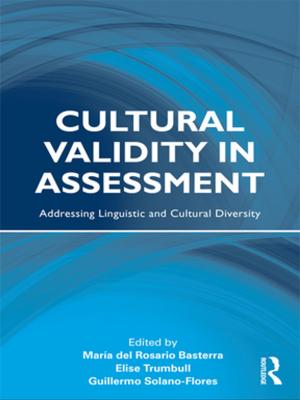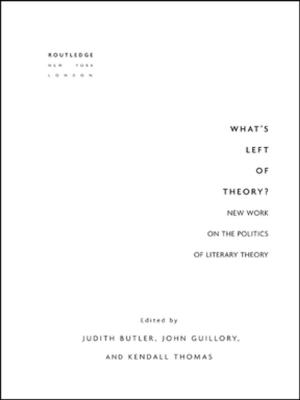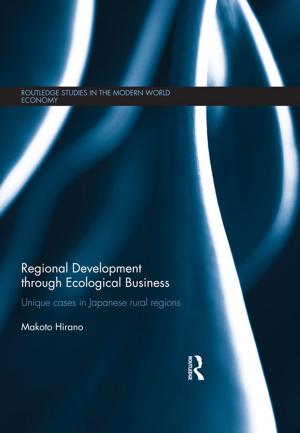Radicalization
The Life Writings of Political Prisoners
Nonfiction, Social & Cultural Studies, Social Science, Crimes & Criminals, Criminology, Reference & Language, Law, Fiction & Literature, Anthologies| Author: | Melissa Dearey | ISBN: | 9781135193355 |
| Publisher: | Taylor and Francis | Publication: | December 4, 2009 |
| Imprint: | Routledge-Cavendish | Language: | English |
| Author: | Melissa Dearey |
| ISBN: | 9781135193355 |
| Publisher: | Taylor and Francis |
| Publication: | December 4, 2009 |
| Imprint: | Routledge-Cavendish |
| Language: | English |
Expanding the influence of auto/biography studies into cultural criminology, Radicalization: The Life Writings of Political Prisoners addresses the origins, processes and cultures of terrorist criminality and political resistance in a globalized world.
Criminologists and penologists have long been aware of the sheer volume of autobiography emerging from our prisons. Political prisoners, POWs, freedom fighters and terrorists have been consistently and strongly represented in this corpus of work, including such authors as Bobby Sands, Wole Soyinka, Nelson Mandela, Moazzam Begg, Ngugi wa Thiong’o, Angela Davis, George Jackson, and Aung San Suu Kyi among others. For many of those who have been detained for ostensibly politically motivated crimes, life writing has proven to be indispensable in explaining the causes and processes which account for their situation. Embedded with these life writings are narratives of radicalization or resistance. Melissa Dearey here undertakes an international and comparative analysis of such narratives, where the 'life story' is considered as a mode of expressing and transmitting 'radical' cultural values.
Expanding the influence of auto/biography studies into cultural criminology, Radicalization: The Life Writings of Political Prisoners addresses the origins, processes and cultures of terrorist criminality and political resistance in a globalized world.
Criminologists and penologists have long been aware of the sheer volume of autobiography emerging from our prisons. Political prisoners, POWs, freedom fighters and terrorists have been consistently and strongly represented in this corpus of work, including such authors as Bobby Sands, Wole Soyinka, Nelson Mandela, Moazzam Begg, Ngugi wa Thiong’o, Angela Davis, George Jackson, and Aung San Suu Kyi among others. For many of those who have been detained for ostensibly politically motivated crimes, life writing has proven to be indispensable in explaining the causes and processes which account for their situation. Embedded with these life writings are narratives of radicalization or resistance. Melissa Dearey here undertakes an international and comparative analysis of such narratives, where the 'life story' is considered as a mode of expressing and transmitting 'radical' cultural values.
